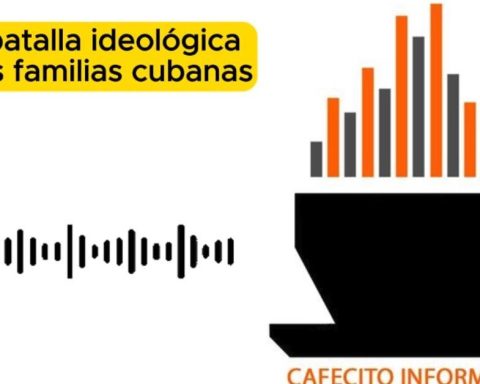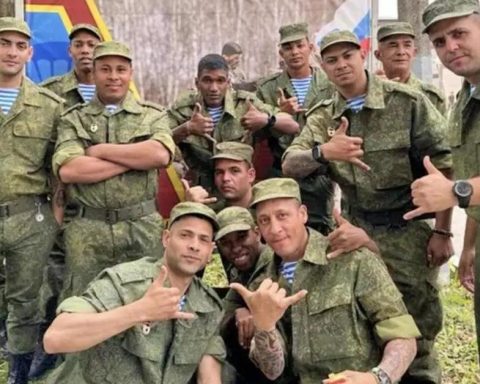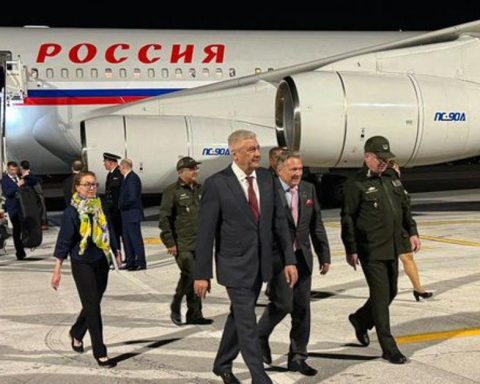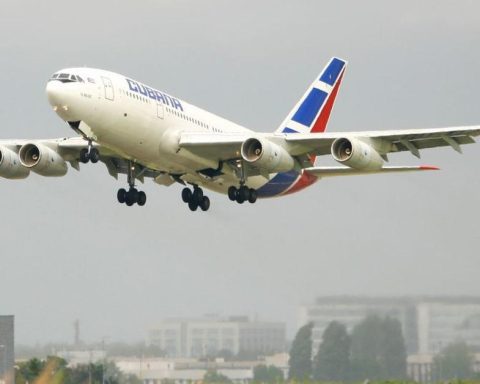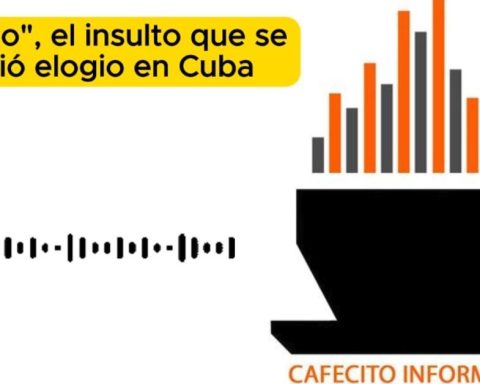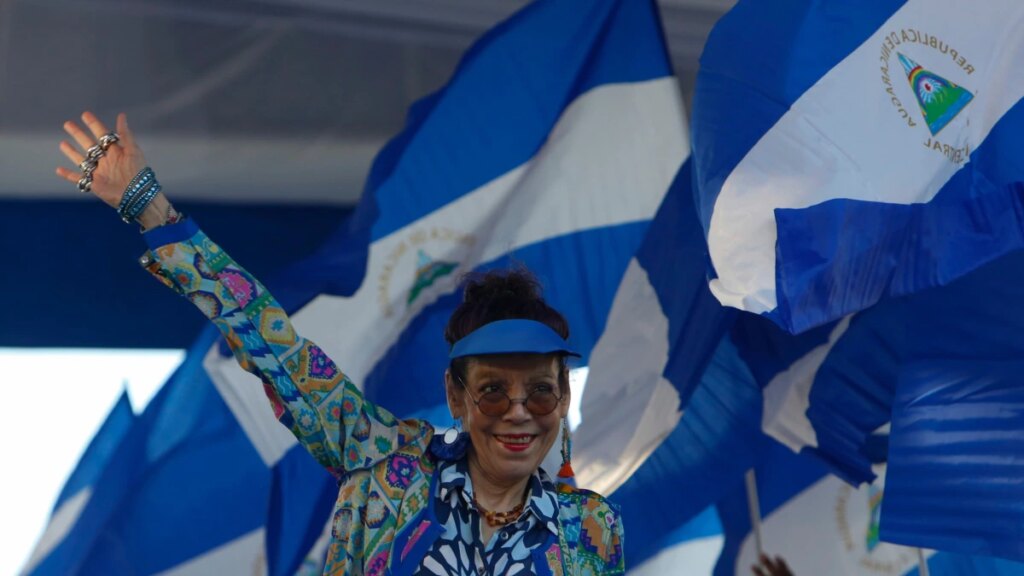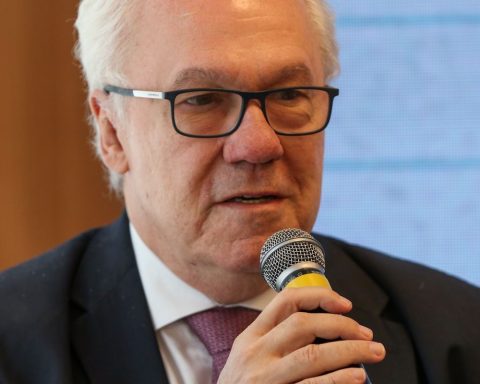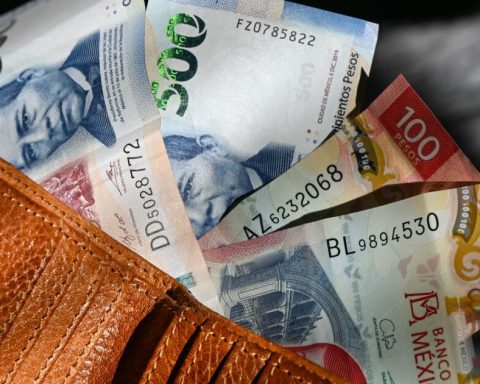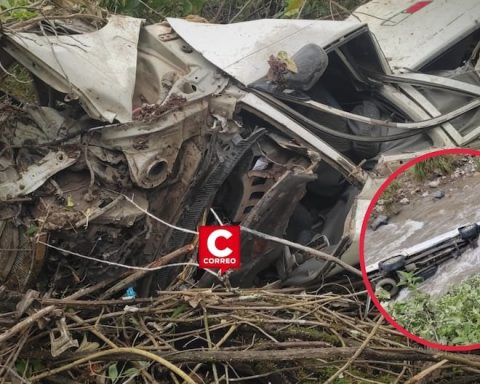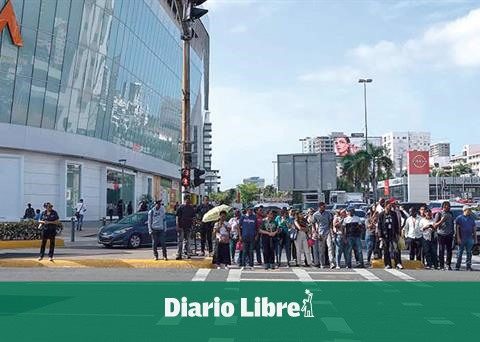Miguel Díaz-Canel made a new nod to the United States this Wednesday, a few hours after invoking a phrase by Fidel Castro to appeal to dialogue. In this case, he used the Cuba-USA Agricultural Business Conference, whose third meeting began this Wednesday, after two years stopped by the pandemic.
“We have come here to improve our relations and also to end the embargo,” said the president, before the coalition made up of a hundred state agricultural organizations, corporations and producers from both countries conspired against US sanctions since 2018.
The Cuban president stressed the importance of the neighboring country’s agricultural sector “contributing what it can at such a complex time.” “We can learn a lot from you about the application of technology and the development of productions that, we know, are very efficient,” he said in his speech at the Palace of the Revolution.
“We can learn a lot from you about the application of technology and the development of productions that, we know, are very efficient”
Paul Johnson, president of the Coalition, stated that both parties have “common objectives that allow them to achieve common results” in response to Díaz-Canel, who insisted that “there is potential to forge paths and bridges together.”
US farmers said Wednesday they would like to sell more wheat and other farm products to the island, but the embargo makes it difficult for them.
“We’re paralyzed because of this embargo. We can’t even compete on equal terms with other providers around the world, because they can offer credit … that means a lot,” Johnson said.
The president of the Coalition insisted that they must find a way to “eliminate barriers.” The Reuters agency indicated that farmers affirm that the proximity of the United States to Cuba (about 150 kilometers), could cut shipping prices for products imported from Europe and other points.
The US embargo on Cuba has exemptions for the purchase of food products, but the meeting US farmers and Cuban authorities consider that the conditions contravene the norms of normal international trade. Among the demands is that of paying in cash and in advance, an anomaly in the international context, but which has not prevented tons of food from arriving monthly in that direction.
This February, Cuba imported 31,212 tons of chicken from the neighboring country, the third highest figure in recent decades and 33% more than the previous month.
One of the American farmers in the delegation, Doug Keesling, from Kansas, lamented that, for example, hardly any wheat is exported to Cuba. “If we can open Cuba … I would put a lot of things on the supermarket shelves,” he asked.
Meanwhile, what the Cuban side claimed was to be able to export to raise money and buy other products that cannot be produced on the island. “We don’t want them to give us anything. We want the possibility of selling and buying,” a cooperative member told Reuters. Abelardo Alvarez.
According to data from the US Congressional Research Service, before 1959 Cuba was the ninth country in the export market for US agricultural products, while today it is below 50th.
The National Association of State Departments of Agriculture of the USA maintains that without the embargo the exchanges would be around 1,000 million dollars per year, compared to the current 250 million.
“The only way to get out of the quagmire we are in is to rebuild and make sustainable the disappeared Cuban agricultural industry”
The readers of the information in Cubadebate, despite being favorable to the end of the sanctions and the increase in exchanges with the United States, interpret the movement as an attempt by the farmers to do export business and demand that efforts be put into national production.
“The only way to get out of the quagmire we are in is to rebuild and make sustainable the disappeared Cuban agricultural industry, first to satisfy internal needs by substituting unnecessary imports and, once this is achieved, to export our surpluses to the world market,” writes a commentator.
“As long as we continue thinking about the blockade and buying and spending those millions that could be allocated to other sectors and not investing to produce it here in the country, we will continue with the same discourse and the same scarcity,” comments another.
From very different positions, the Cuban economist Pedro Monreal, who last Tuesday commented on the trade statistics between the two countries, went along the same lines: “Importing chicken meat from one market or another is an option. There are alternatives, but the question The question that should be answered is, why does Cuba hardly produce chicken meat? Jamaica produces almost all the chicken meat it consumes.
________________________
Collaborate with our work:
The team of 14ymedio is committed to doing serious journalism that reflects the reality of deep Cuba. Thank you for joining us on this long road. We invite you to continue supporting us, but this time becoming a member of our journal. Together we can continue transforming journalism in Cuba.


